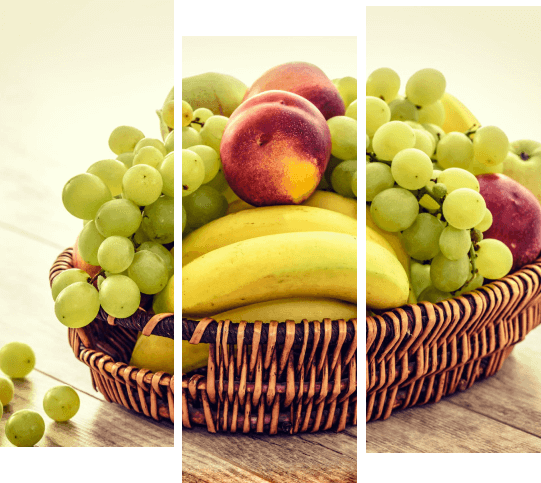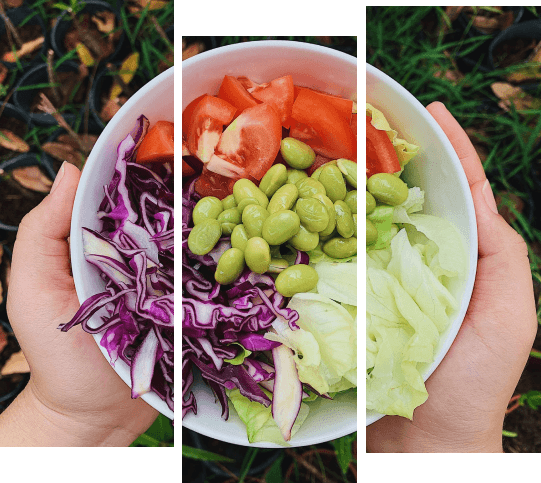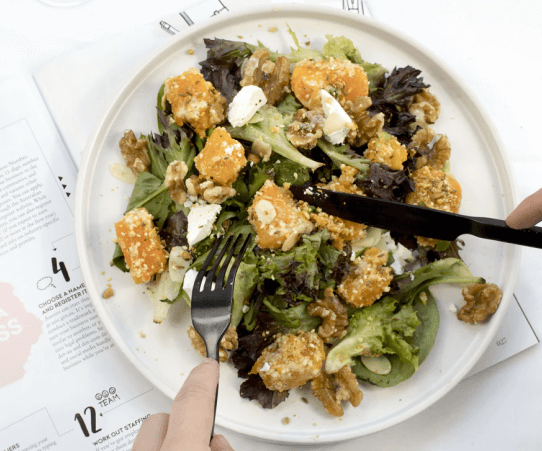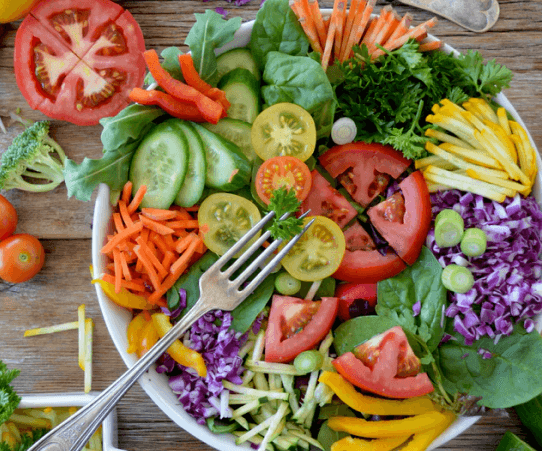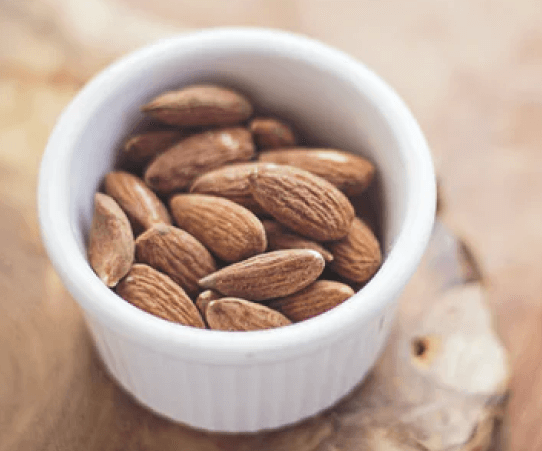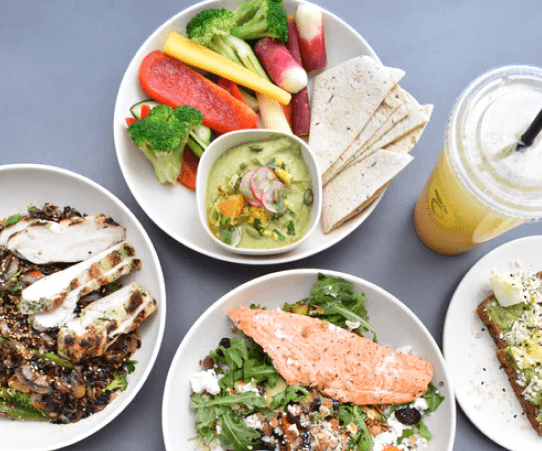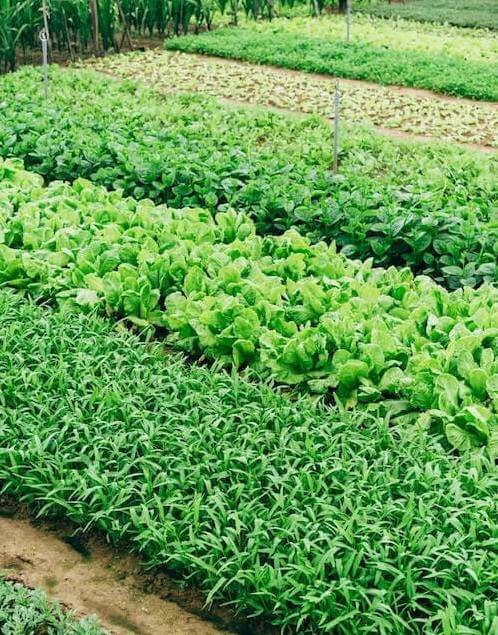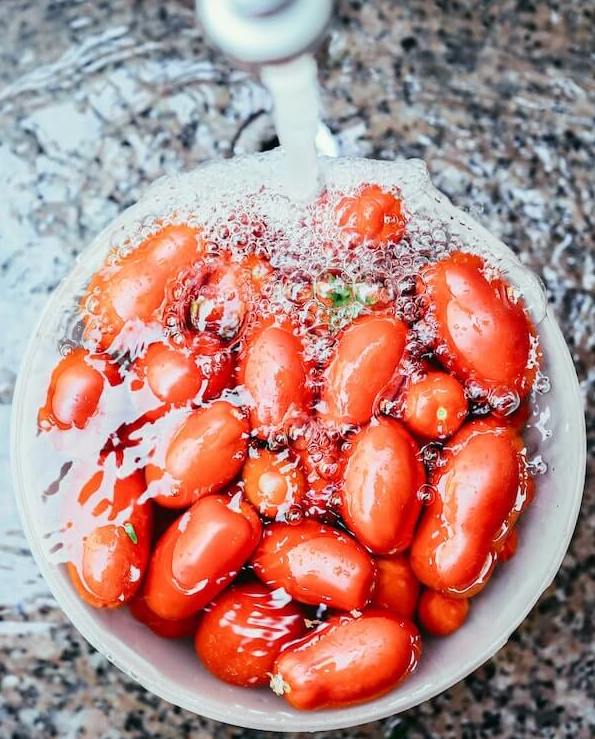Eating Organic
Eating organic fruits and vegetables whenever possible is an important part of any anti-cancer lifestyle. By eating organically you are lessening your toxic load by not ingesting all of the pesticides, herbicides, and fungicides that are often times sprayed on commercially grown fruits and vegetables. Organic foods also tend to contain more vitamins and minerals that are missing from commercially grown fruits, vegetables, and/or livestock. That means they have a stronger impact on your immune system.
Your best option is to buy organic when the produce is in season because it will be at its peak for both nutrition and taste. Take the time to find local, organic farms or markets whenever possible so you know from where your food is coming.
To help prioritize your organic purchases, the Environmental Working Group (EWG) provides an annual update of the least and most contaminated produce. Their Clean Fifteen and Dirty Dozen list can be a great guide when shopping for organic produce.

